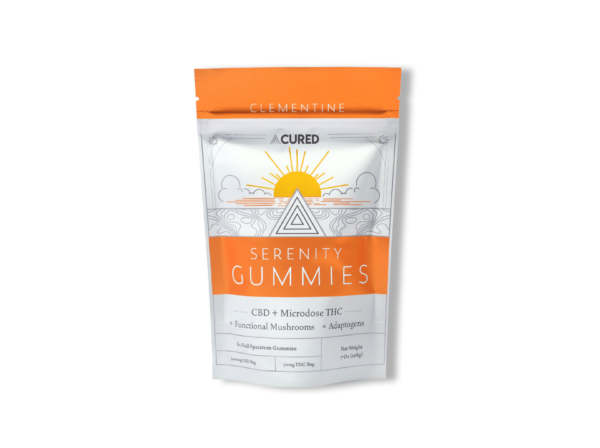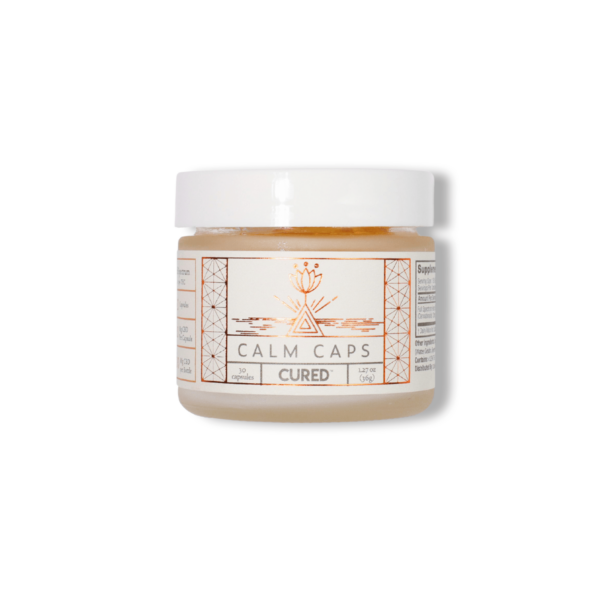For nearly two years, we’ve been told to distance ourselves from others for the sake of protecting our health and wellness. Countless individuals across the world have altered their lives to adhere to the new social rules and regulations, but at what cost? As isolation has become the new norm, rates of mental illness, substance use, and addiction have skyrocketed. Researchers are calling it an epidemic of loneliness, and it’s contributing to serious health concerns. Yet, mainstream media is quick to dismiss the importance of social connection, as well as the side effects of any mandates that thwart meaningful connection.

Social Connection: Essential or Elective?
If true, wholistic wellness is the objective, then social connection is a fundamental pillar. The research is clear, but it isn’t widely disseminated. If it was, then locking individuals into their homes and prohibiting them from congregating with their communities wouldn’t be an easy feat. Certainly, if everyone understood how critical social connection is for mental, physical and emotional health, then there would be significantly more pushback.
Well, we’ve always had a rebellious side. If following the science and making informed decisions sets us apart from the masses, there is no sleep lost.
Let’s look at the data.
Social Networks as a Major Determinant of Mental Health
According to a study published in 2019, a lack of meaningful social connection is predictive of elevated mortality. This is due to a number of factors, but the physiological effects of chronic loneliness stand at the forefront.
The consequences of prolonged stress on physical and mental health are fairly common knowledge; look no further than some of the most popular instagram accounts and #selfcare hashtags. Well, this study introduces an emerging neuroscience model that suggests loneliness (as a result of subjective or objective social distance) triggers a survival response much like that seen with trauma.
A “short-term, self-preservation mode” is initiated as the subconscious mind and body work to establish reconnection. A feeling of chronic loneliness, much like what we have all seen and experienced over the past two years, follows and subsequently creates a “long-term disease state.”
The decreased social connection results in immediate, increased instances of mental and emotional distress. As time goes on, the physical and biological manifestations look quite similar to those associated with chronic stress. For example, “loneliness…is associated with higher mortality, increased blood pressure, higher rate of diabetes, hypertension, arthritis, emphysema, and [neurodegenerative disease], along with poor health habits stemming from a lack of self-control.”

Stress-Reduction and Social Connection
Social connection and overall health appear to exist within a dose-dependent relationship. Meaning, as one increases or decreases, the second responds in a corresponding manner. When individuals are free to nurture meaningful social ties within their communities, there is an overwhelmingly positive effect on their mental and physical health. In fact, most researchers recognize the “salutary effect” of social connection on psychological health and well-being.
According to a study published in the Journal of Urban Health, “the pathways by which social networks and social supports influence mental health can be described by two alternative causal models—the main effect model and the stress-buffering model.”
In the main effect model (Fig. 1, p. 460), structural integration with a social group contributes to positive affect, favorable neuroendocrine responses, and general social influence. Each of these then prompts additional health-promoting behaviors and bolsters mental health. In the stress-buffering model, “social support is hypothesized to prevent or modulate responses to stressful events that are damaging to health.”
So, to summarize: a lack of community results in chronic stress and the development of a physical and emotional disease state; conversely, the presence of meaningful community has a protective effect against life’s inevitable stressors, fosters greater resiliency, and promotes overall mental and physical health.
When you follow the science, it tends to veer away from the mandates and MSM status-quo, don’t you think?
The Holiday Takeaways
As we enter the final weeks of the year, let’s keep this science in mind as we’re navigating invitations to social gatherings and the simultaneous flood of fear mongering media tactics. The holiday season is a time for celebration and congregation, and what could be better than finishing 2022 with experiences that boost our spirits and our health?
If you have the opportunity to cultivate deeper social connection, we hope you proudly embrace it knowing that you are supporting your health and well-being. Fear has no place in your routines and rituals. If that makes you a rebel, welcome to the team. We have CBD-infused sugar cookies.
References:
Cacioppo JT, Cacioppo S, Capitanio JP, Cole SW. The neuroendocrinology of social isolation. Annu Rev Psychol. 2015 Jan 3;66:733-67. doi: 10.1146/annurev-psych-010814-015240. Epub 2014 Aug 22. PMID: 25148851; PMCID: PMC5130104.
Matthews GA, Tye KM. Neural mechanisms of social homeostasis. Ann N Y Acad Sci. 2019 Dec;1457(1):5-25. doi: 10.1111/nyas.14016. Epub 2019 Mar 15. PMID: 30875095; PMCID: PMC7593988.










